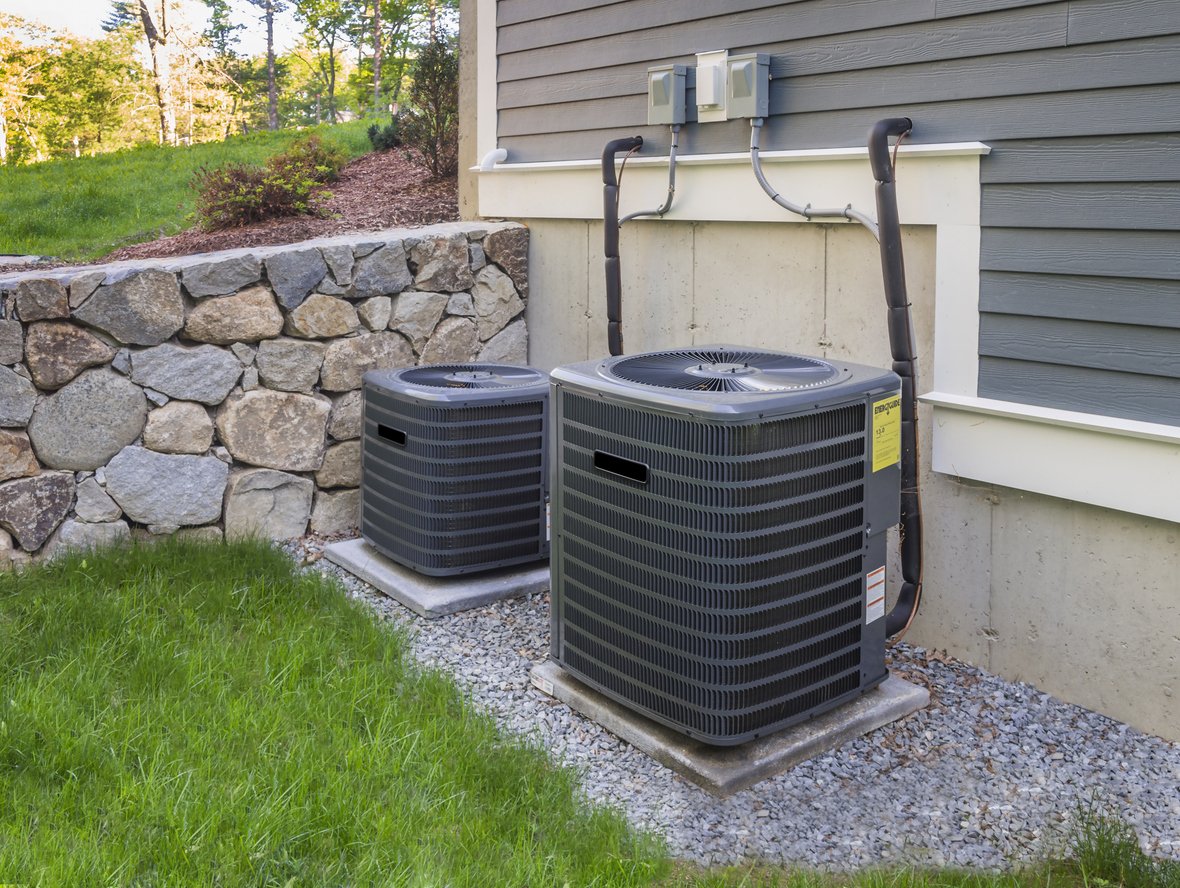What Kind of Maintenance Does an AC Need?
When it comes to keeping your air conditioner running smoothly, regular maintenance is crucial. Not only does it ensure optimal performance, but it also extends the lifespan of your unit, keeps energy bills in check, and helps avoid unexpected breakdowns. Let’s explore the key maintenance tasks that every AC unit needs.
Regular Filter Changes
The filter in your air conditioner plays a vital role in maintaining indoor air quality by trapping dust, pollen, and other airborne particles. Over time, these filters can become clogged, restricting airflow and causing your AC to work harder than necessary. It's recommended to check the filter monthly and replace it every 1-3 months, depending on usage and the type of filter.
Coil Cleaning
The evaporator and condenser coils in your AC are responsible for absorbing and releasing heat. However, they can collect dirt and debris over time, which reduces their efficiency. Cleaning the coils at least once a year can improve your system's ability to cool your home and prevent the unit from overheating.
Condensate Drain Line Maintenance
Your AC’s condensate drain line is responsible for removing the moisture that accumulates as the system cools your home. If this line becomes clogged, it can lead to water leaks and even damage to your system. Regularly checking and cleaning the drain line can prevent blockages and avoid potential water damage.
Check Refrigerant Levels
Refrigerant is the substance that cools the air in your AC unit. Low refrigerant levels can lead to reduced cooling efficiency, higher energy costs, and potential damage to your compressor. During a professional maintenance visit, a technician can check your refrigerant levels and top them off if necessary.
Inspecting Electrical Components
Over time, the electrical components in your AC, such as the wiring and connections, can wear out or become loose. This can lead to system malfunctions or even pose a fire hazard. Regular inspections by a qualified technician can identify and address any potential electrical issues before they become serious problems.
Thermostat Calibration
A well-calibrated thermostat ensures that your AC is maintaining the correct temperature in your home. If the thermostat is not functioning properly, it can cause your system to cycle on and off too frequently or not enough, leading to uneven cooling and unnecessary wear and tear. Calibrating your thermostat during routine maintenance can help maintain comfort and efficiency.
Lubricating Moving Parts
Most newer models don’t require lubrication, but if your home is equipped with an older model it may need to be oiled. Your AC unit has several moving parts, such as fans and motors, that require lubrication to operate smoothly. Over time, these parts can become dry, leading to increased friction, wear, and ultimately, system failure. Regularly lubricating these components can extend their lifespan and improve overall system performance.
Inspecting and Sealing Ductwork
Leaky ducts can cause your AC to work harder, leading to increased energy consumption and higher utility bills. Inspecting your ductwork for leaks and sealing any gaps can improve your system's efficiency and ensure that cool air is distributed evenly throughout your home.
Professional vs. DIY Maintenance
While some maintenance tasks, like changing filters and cleaning the area around your outdoor unit, can be done by homeowners, other tasks should be left to professionals (learn about our professional air conditioner repair here). Annual or bi-annual professional inspections are crucial to catching and addressing issues that may not be visible to the untrained eye. Catching such serious issues sooner rather than later will help you avoid needing an air conditioner replacement.
The Key to Long-Lasting Comfort: The Importance of Regular AC Maintenance
Regular AC maintenance is essential to keep your system running efficiently and effectively. By staying on top of tasks like filter changes, coil cleaning, and professional inspections, you can ensure a comfortable indoor environment, save on energy costs, and extend the lifespan of your air conditioner.

